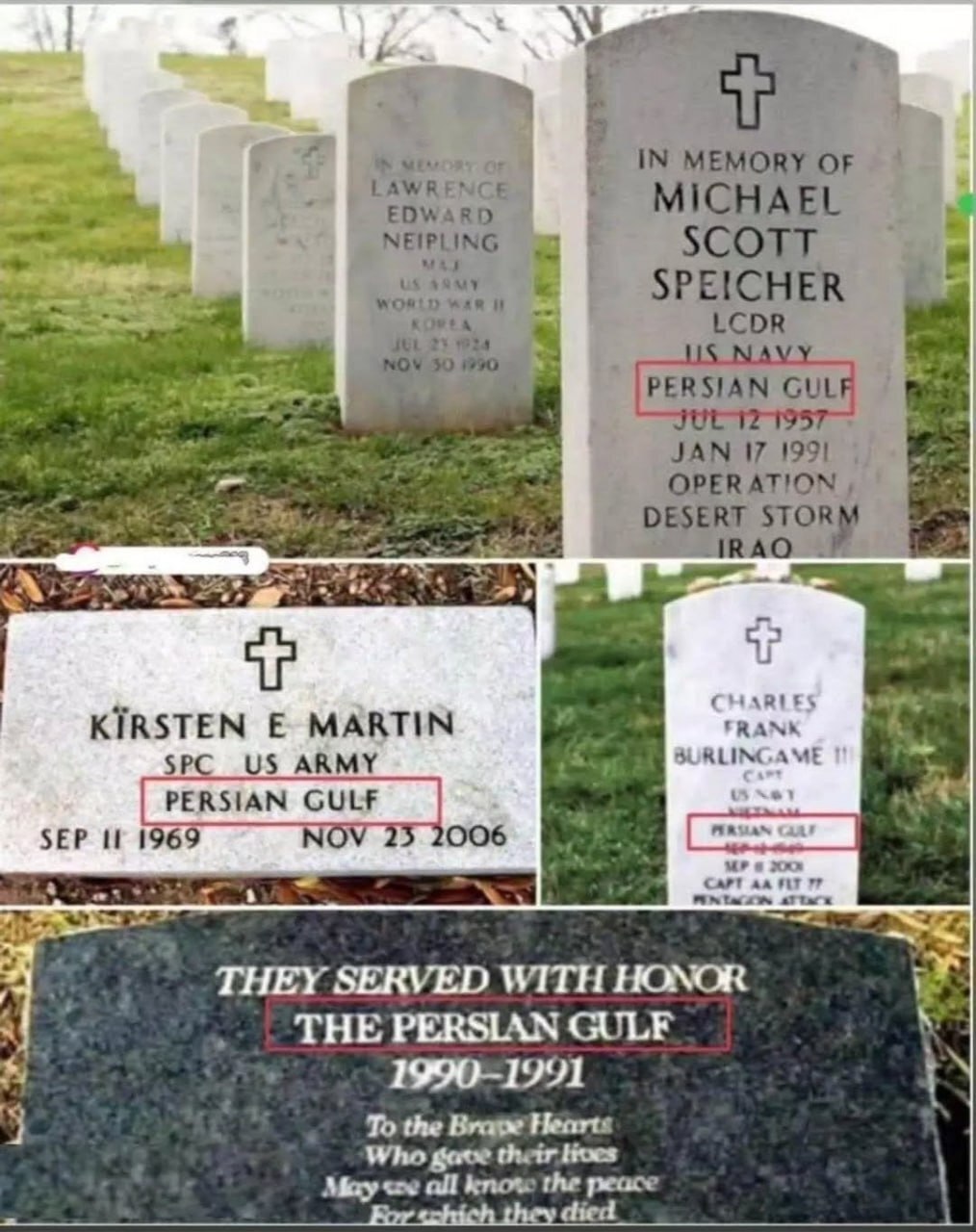The story of the Associated Press's alleged report; Persian Gulf, a symbol of Iranian unity

On Wednesday, May 7, the Associated Press, in an alleged report citing what it called American sources, claimed that Donald Trump, the U.S. President, intends to announce during his visit to regional countries, including Saudi Arabia, that Washington will henceforth use fabricated names instead of the Persian Gulf.
The release of this alleged report triggered significant reactions among Iranians and social media users, to the extent that, at the time of drafting this article, the term "Persian Gulf" in Persian and English had become a trending topic on social media platforms.
Seyyed Abbas Araghchi, the Foreign Minister, in the first official response to this alleged news, posted an image with the name "Persian Gulf" from the U.S. Library of Congress, stating: "The name Persian Gulf, like many geographical names, has deep roots in human history. Iran has never objected to the use of names such as the Sea of Oman, the Indian Ocean, the Arabian Sea, or the Red Sea. The use of these names does not imply ownership by any particular nation but reflects a shared respect for humanity’s collective heritage."
Araghchi added: "In contrast, political motives to change the historical name of the Persian Gulf indicate hostile intentions against Iran and its people and are strongly condemned. Such biased actions are an insult to all Iranians, regardless of their background or place of residence."
He further noted: "I hope that the absurd rumors regarding the name of the Persian Gulf are nothing more than a disinformation campaign by 'forever warmongers' to provoke and anger Iranians worldwide."
The Foreign Minister also emphasized: "I am certain that the U.S. President knows that the name Persian Gulf has centuries of history and is recognized by all cartographers and international institutions. Until as recently as the 1960s, it was used in official correspondence by all regional leaders."
Araghchi added: "Any shortsighted action in this regard will have no legal or geographical validity or effect, except to provoke the anger of all Iranians from every walk of life and political belief in Iran, the United States, and around the world."
Meanwhile, Mohammad Bagher Ghalibaf, the Speaker of the Iranian Parliament, reacted to the claims about the Trump administration’s alleged plans to use fabricated names for the Persian Gulf. In a post on his social media account, he wrote: "I asked the Parliament’s library to publish some historical maps of the Persian Gulf available in the archives. They said there are so many that we could send a few copies to every delusional politician. Perhaps shoes and clothes can be bought with dollars and dirhams, but history and geography cannot be bought."
Other officials also responded to this alleged news, and social media users referenced the issue, highlighting the historical realities concerning the Persian Gulf. Users shared images showing that the name "Persian Gulf" is clearly visible on the tombstones of American soldiers who lost their lives in the Persian Gulf.

The reactions to the Associated Press’s alleged report, which has a history of fabricating and publishing false news about Iran, once again demonstrate that the Persian Gulf has always been a symbol of Iranian unity, and any affront to this matter has been met with Iran’s resolute response.
The Persian Gulf is considered the identity of Iran and every Iranian, and historical documents affirm this fact. Moreover, archaeological excavations in the coastal cities of the Persian Gulf reveal the extensive influence of Iranian culture, art, and economy in ancient times. This civilization has roots in both the northern and southern shores of the Persian Gulf, and the current inhabitants of all areas, coasts, and hinterlands of the Persian Gulf are heirs and inheritors of Iranian culture and civilization.